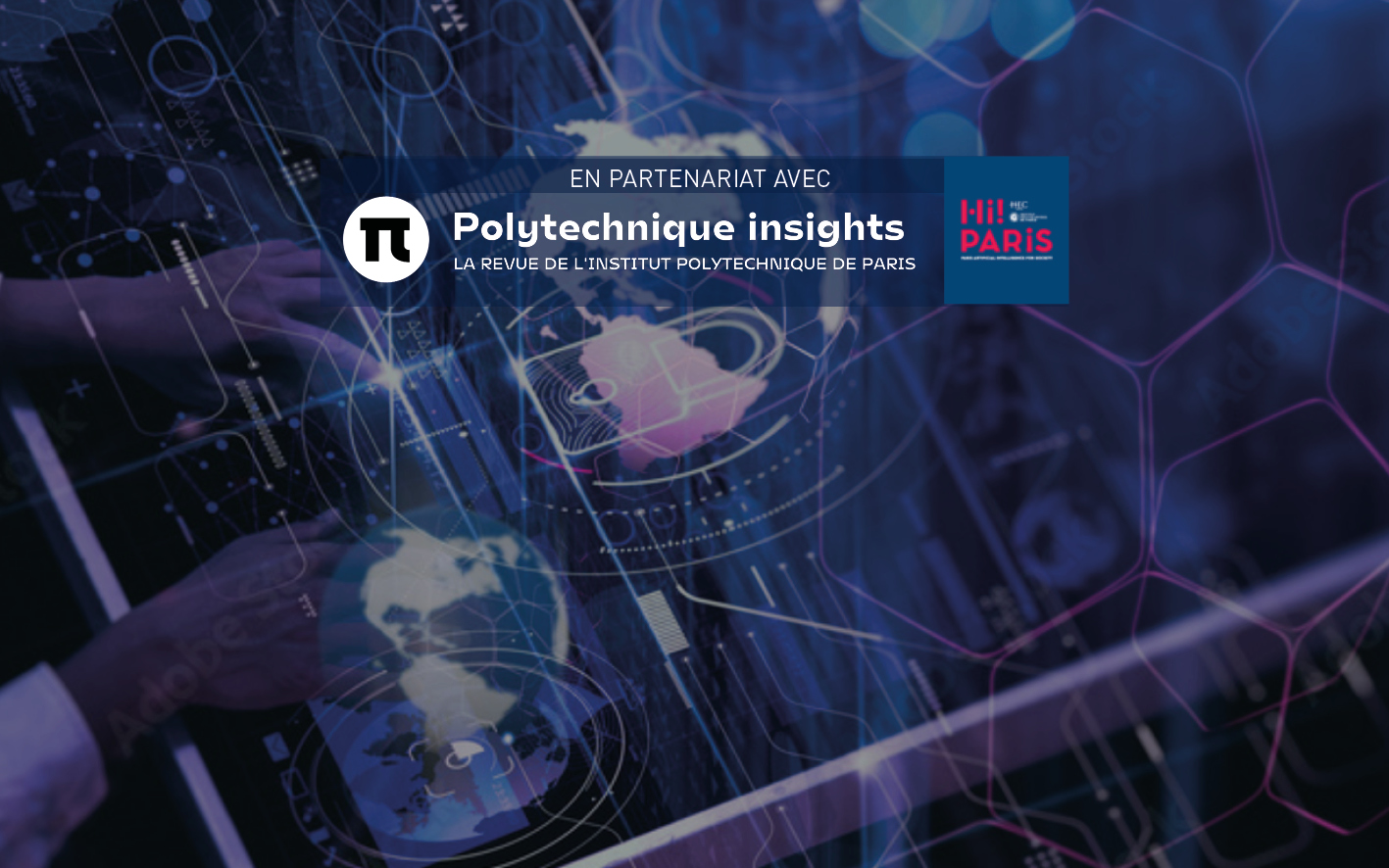Private equity and venture capital firms: an AI arms race looms ahead

Thomas Åstebro, Professor of Entrepreneurship at HEC Paris, member of Hi! PARIS, the artificial intelligence research center created by Polytechnique, HEC and Inria.

Though many sectors in finance adopted algorithmic decision-making quite early, venture capital (VC) and private equity (PE) were much slower to pick up on artificial intelligence (AI). Thomas Åstebro, Professor of Entrepreneurship at HEC Paris, recently published the Journal of Financial Data Science with Portfolio Management Research (2021), wrote a paper analysing the quickly changing landscapes of AI in PE/VCs. In it, he points out how AI is expected to rapidly transform these sectors in the coming years.
What inspired you to carry out research on AI in private equity and capital firms?
Thomas Åstebro : When I came across Jolt Capital, a boutique VC firm in Paris, I noticed that they had a really interesting way of making decisions that I never heard of before. They were using an algorithm to predict their investment preferences based on a relational database, which suggests a number of different objects such as ventures or other products. The investor clicks “like” on objects they are interested in, allowing the algorithm to gradually build a virtual avatar of that investor, therefore learning every day what the person is interested in. The result is that the AI can then suggest ventures that are increasingly tailored to their preferences. This allows them to sort through products they could be interested in quite efficiently. And this, I think, was quite clever.
You mention that there were barriers to the adoption of AI in PE and VC. Why is that?
Thomas Åstebro : VC and PE were fairly slow to adopt AI compared to other financial sectors and that might stem from the way they approach their work. Hedge funds, for instance, are full of AI, as they’re trying to beat each other on the microsecond. It’s not possible to rely on human decision-making alone. But venture capitalists take their time. Deliberation is necessary, they discuss every aspect of the business. That’s sort of their bread and butter.
My research had shown as early as the 2000s that a simple prediction model could beat a VC partner’s intuition. Nevertheless, until recently, there still was a fair bit of algorithm aversion that slowed adoption in the field. Most partners preferred to follow their gut instinct. Over the past 10 years, however, the perfection of text-based databases available online (like Linkedin, AngelList, Kickstarter, and Crunchbase) has allowed the advent of strong newcomers using AI in the market. This has prompted more PE/VC firms to look to adopt AI into their workflows.
You found through your research that the implementation of AI can be very varied in VC/PE, can you tell us more?
Thomas Åstebro : AI in VC/PE ranges from simple screening to end-to-end decision support systems. When I wrote my paper in 2021, for instance, the VC funds Kleiner Perkins and Sequoia Capital used algorithms only to check how many times a startup was mentioned on Twitter.
On the other side of the spectrum, other companies were entirely based on AI.
California-based SignalFire, for instance, was founded with the goal of applying AI to the full range of VC decision-making. Its Beacon software, launched in 2013, tracks 8 million startups around the world. It scans a range of online documents to assist its assessment of these companies, from academic papers to patent filings, and more. The software has allowed SignalFire to focus on underappreciated companies and pass up on companies that were getting investment from elsewhere.
Similarly, EQT Ventures’ Motherbrain, launched in 2016, scrapes information from 40 data sources including app store downloads, website traffic, and entrepreneurs’ resumes to identify startups that are likely to get funding, before these even pitch to the company.
What have VC/PE firms said were the advantages of using AI?
Thomas Åstebro : My research showed that companies that used AI found it increased their operational efficiency greatly and transformed the ways in which partners performed their work. Jolt Capital told me, for one, that they used to spend most of their time on planes. They would fly all over Europe, talk with ventures for an hour, and then go to the next one. When I talked to them in 2021, the partners said they didn’t fly nearly as much. They would still travel for specific meetings and to build relationships, but they no longer needed to fly out just to make a quick “no” decision.
VC/PE firms that adopted AI also sought out different deals than before, my research suggests. Using AI allowed some companies to break through impenetrable markets without any prior experience. That’s the case for Hone Capital, the VC arm of Chinese PE company CSC group, which became one of the most active seed investors in Silicon Valley by using a single AI screening model. They jumped the queue, so to speak, by partnering with AngelList, a US-based job-seekers, deal-making, and angel investor platform. By crunching AngelList’s 30,000 deals database with data about deals and investors from Crunchbase, Mattermark, and Pitchbook, Hone was able to predict whether a venture could make it to the first round of funding.
How has the market changed since your research paper was published?
Thomas Åstebro : When I published the paper, I predicted that there was going to be an AI arms race, that would lead to an industry shakeout. I also predicted that AI would squeeze out more junior roles and lead to an upheaval of internal workflows. Since then, there have been huge economic upsets that have caused investors to pull the handbrake. The industry is standing completely still right now. At this point in time, AI is no longer the priority. Still, there’s some indication that inflation may go down within the next six months, so it’s possible that companies could return to bringing AI into their workflow.
This article is part of the “AI & Business” series, in partnership with Polytechnique Insights. Discover the first episode “High-frequency trading: what performance and what risks for financial markets?”
Interview by Marianne Guenot for Polytechnique Insights et HEC Stories.
Hi! PARIS is the new research center for data analysis and artificial intelligence in science, business and society, created by the Institut Polytechnique de Paris (IP Paris) and HEC Paris, and recently joined by Inria (Centre Inria de Saclay).
Published by La rédaction

